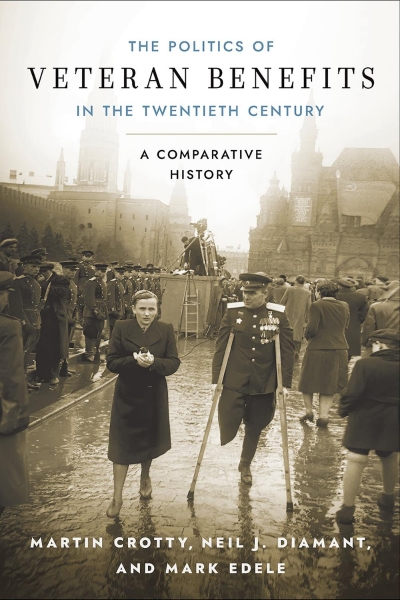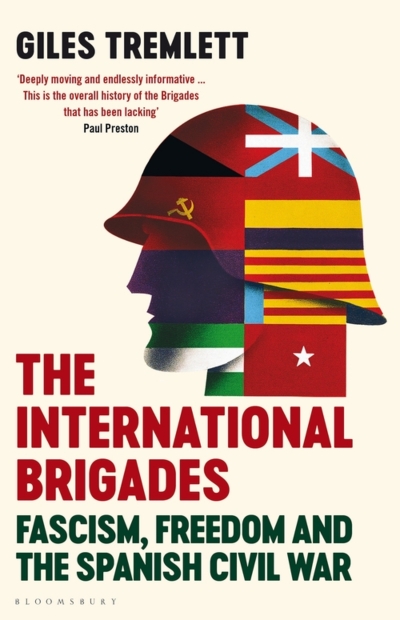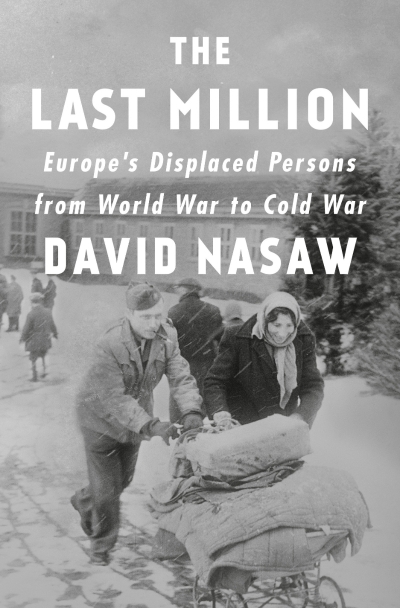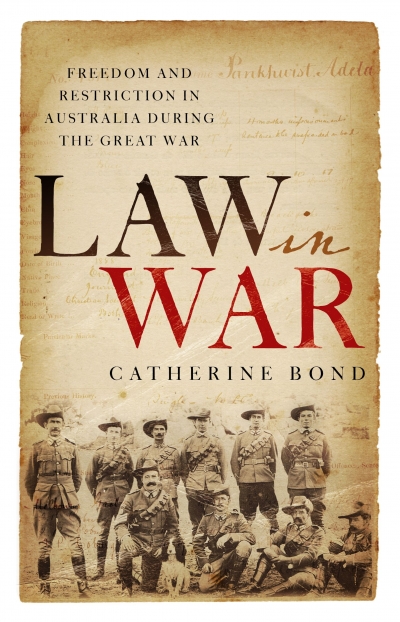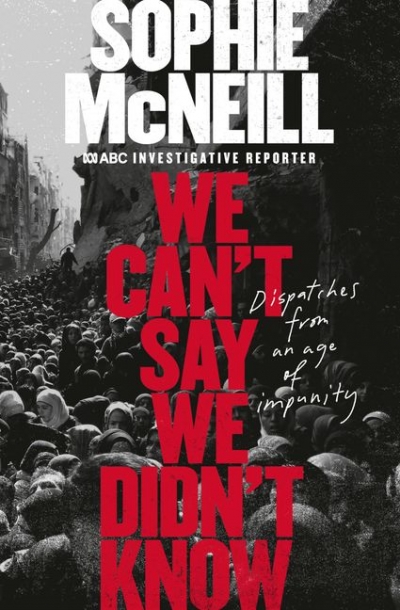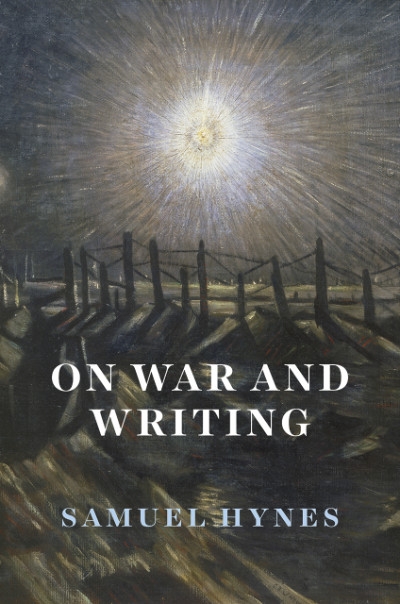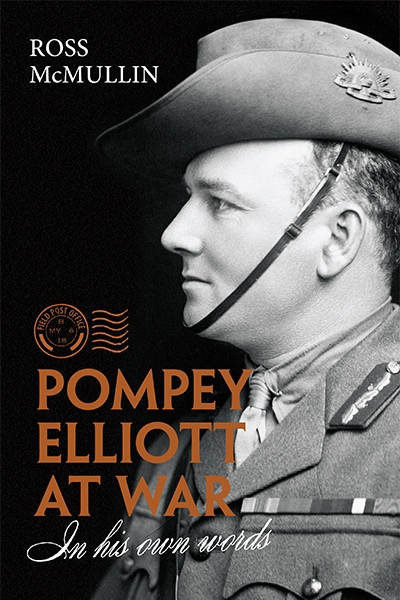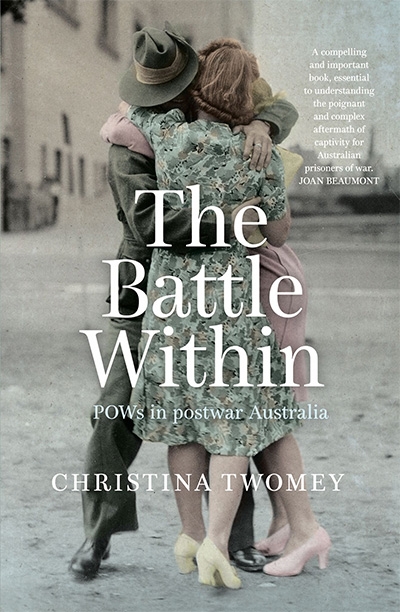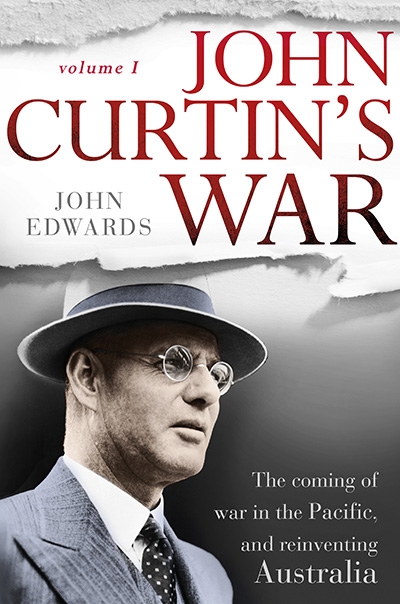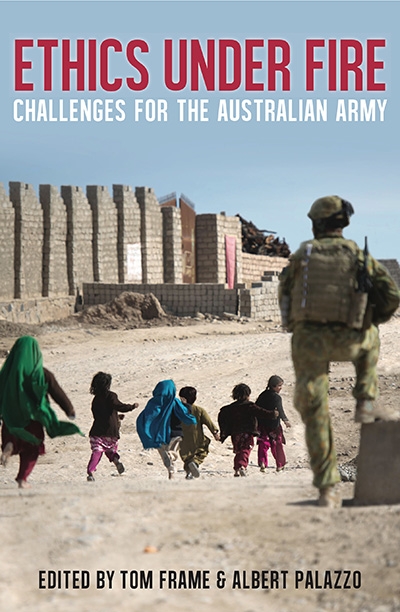War
The Politics of Veteran Benefits in the Twentieth Century: A comparative history by Martin Crotty, Neil J. Diamant, and Mark Edele
by Christina Twomey •
The International Brigades: Fascism, freedom and the Spanish Civil War by Giles Tremlett
by Luke Stegemann •
The Last Million: Europe’s displaced persons from World War to Cold War by David Nasaw
by Sheila Fitzpatrick •
Law in War: Freedom and restriction in Australia during the Great War by Catherine Bond
by Kieran Pender •
We Can’t Say We Didn’t Know: Dispatches from an age of impunity by Sophie McNeill
by Thomas McGee •
The Battle Within: POWs in postwar Australia by Christina Twomey
by Carolyn Holbrook •
Ethics Under Fire: Challenges for the Australian army edited by Tom Frame and Albert Palazzo
by Deborah Zion •

